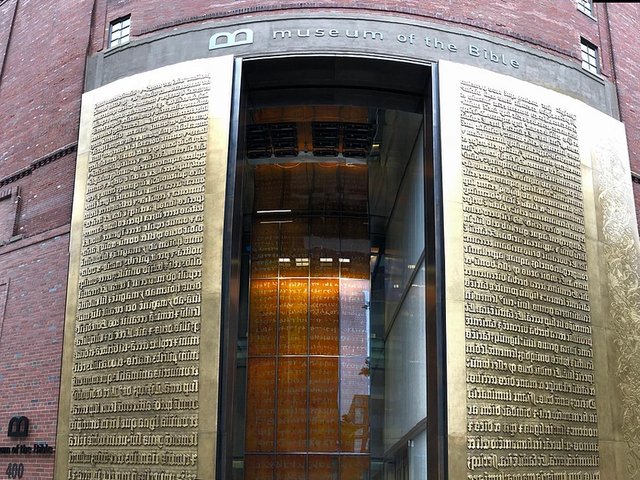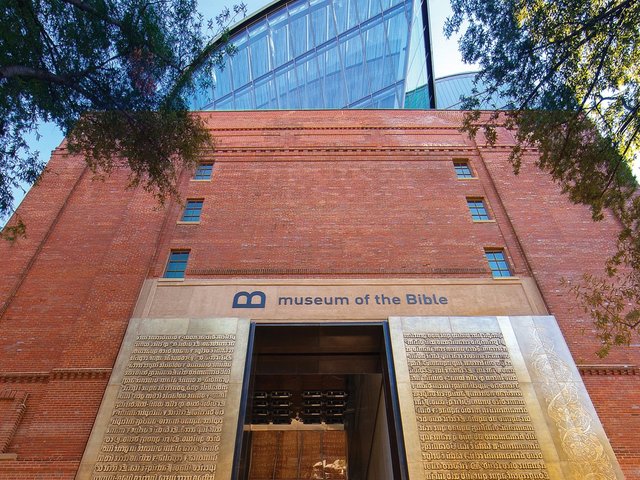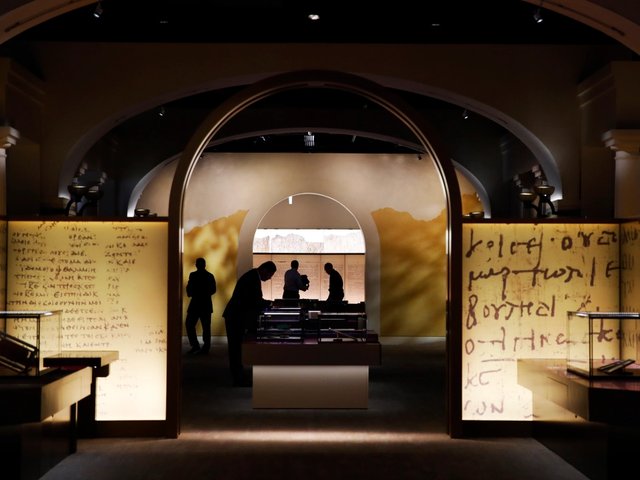The Green family, the owners of the craft store chain Hobby Lobby and the founders of the planned Museum of the Bible in Washington, DC, are under federal investigation for artefacts that may have been illicitly imported from Iraq, according to the Daily Beast.
The website reports that US Customs agents seized between 200 and 300 cuneiform tablets en route from Israel to Oklahoma City, where the Greens live, in 2011. The investigation, which has reportedly been in the works for four years, hinges on the paperwork that accompanied the ancient tablets.
“The monetary value assigned to them—around $300, we’re told—vastly underestimates their true worth, and, just as important, obscures their identification as the cultural heritage of Iraq,” according to the Daily Beast. The museum’s president Cary Summers said the dispute was the result of “incomplete paperwork” and a bureaucratic oversight. “Sometimes this stuff just sits, and nobody does anything with it,” Summers told the Daily Beast.
In an interview due to appear in a forthcoming issue of the Atlantic, Steve Green, the chief executive of Hobby Lobby, denied knowingly acquiring illegal antiquities but acknowledged that some could have found their way into the collection. “Is it possible that we have some illicit [artefacts]? That’s possible,” he said.
The Museum of the Bible is due to open in 2017 in a converted 400,000-sq.-ft refrigerating warehouse located two blocks south of the National Mall, which the Green family’s non-profit bought in 2012 for $50m. The museum will showcase the Greens’ 40,000-strong collection of religious texts and artefacts, including the second-largest private collection of Dead Sea Scrolls, bibles that belonged to Martin Luther and the Codex Climaci Rescriptus, a celebrated manuscript formerly housed at Westminster College in Cambridge.
In August, the museum signed a seven-year agreement with the Israel Antiquities Authority, which would allow it to borrow from Israel’s state-owned collection of more than two million objects.
The Greens have been the primary financial backers of the project, which the New York Times estimated cost around $800m. Their company Hobby Lobby was at the centre of a national debate over religious freedom and health care last year, when the Supreme Court ruled it was not required to provide contraceptive coverage to its employees.
Steven Bickly, the vice president of the Bible Museum, says: "We understand that Hobby Lobby is cooperating with the investigation related to certain biblical artifacts. The Museum of the Bible is a separate not-for-profit entity made possible by the generous charitable contributions of the Green family and others."




